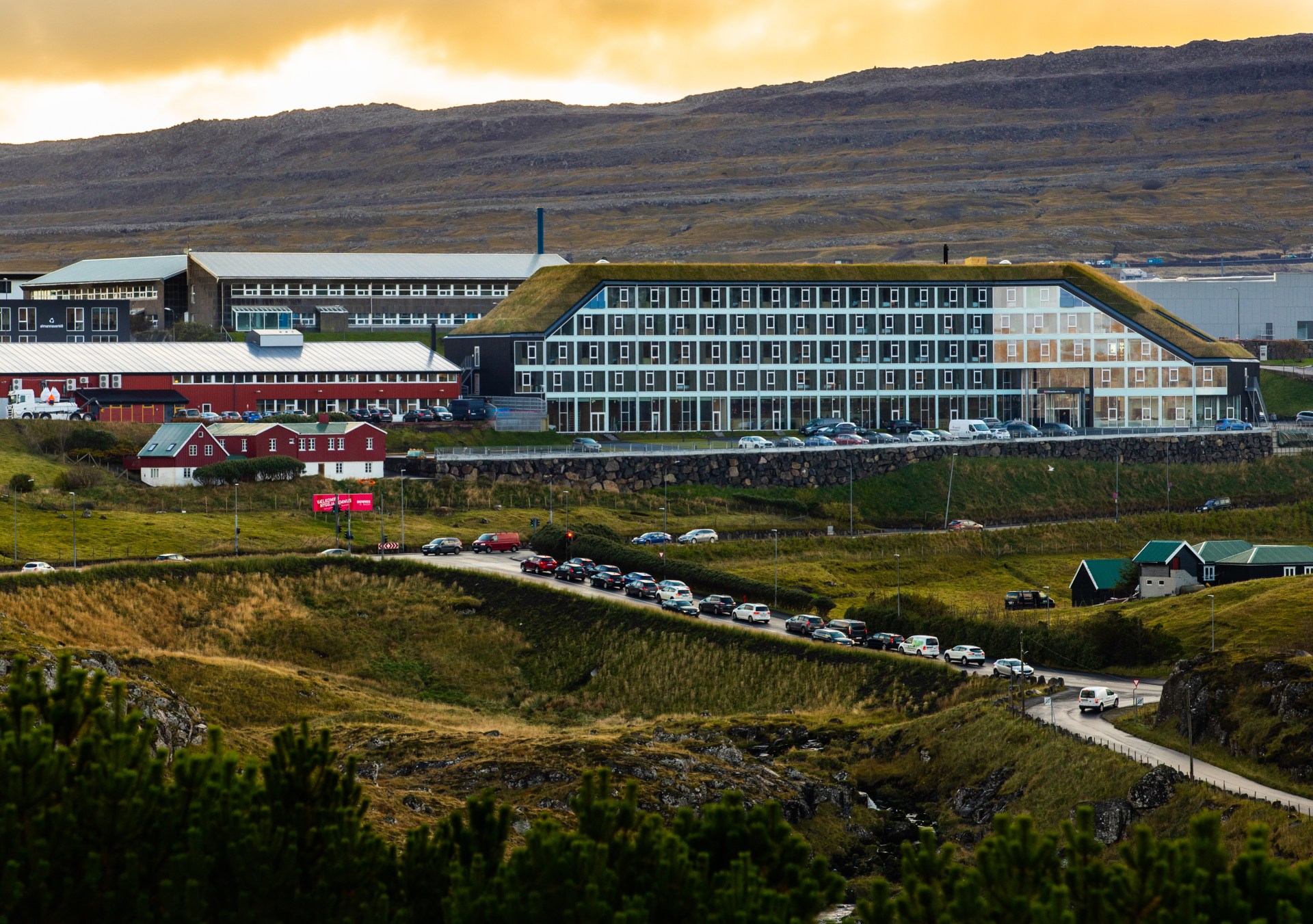Every April 22, the world unites in honoring the planet by dedicating the day to work on cleaning our surrounding habitat, raising awareness about environmental issues and celebrating significant changes to support a more sustainable future. This year’s Earth Day theme is “Invest in Our Planet,” and a time to review ways Hilton is investing in sustainability through Travel with Purpose on its quest to cut its environmental footprint in half by 2030.
1. Supporting Communities
- Around the globe, Hilton hotels carry handmade goods created by locals. Peru’s Hilton Garden Inn Cusco, for example, carries traditional handwoven blankets known as frazadas for purchase. Initiatives like these help communities develop economically while giving guests a chance to leave with pieces of the culture from the places they visit.
- The Gabriel South Beach, Curio Collection by Hilton became a member of Conscious Certified Hotels (CCH), a collective dedicated to social, health and environmental consciousness. The property is also going above and beyond to reduce single-use plastic and is now powered by renewable electricity.
- Mango House Seychelles, LXR Hotels & Resorts, supports local by using fully organic, handcrafted bath products by Belliche. The products are biodegradable and exclusively plant-based using local ingredients, saving the resort from using plastic amenity bottles. The same partnership also recycles coffee capsules for Belliche fragrances.
2. Sourcing Local Food and Drink
- Embassy Suites by Hilton Portland Washington Square in Oregon has partnered with Sokol Blosser Wines, the first winery in the world to receive a Leadership in Energy and Environmental Design (LEED) certification. The partnership supports eco-friendly wine packaging practices, farming practices and organic grape growth.
- Hilton Garden Inn Cusco stocks local beer from Cerveceria Zenith Microbrewery, just steps away from the property. The brewery uses only Peruvian ingredients found in the Andes Mountains.
3. Creating Direct-to-Fork Gardens
- Chefs at Embassy Suites by Hilton Chicago Downtown Magnificent Mile can find ingredients for their recipes ripe for the picking in the Sky Garden rooftop herb garden.
- To support pollination of not only property gardens but those across communities, Hilton hotels practice beekeeping on site. Hilton London Bankside in England houses beehives in its rooftop meadow garden where the bees produce more than 150 pounds of honey each year.
4. Reducing Waste
- In the United Arab Emirates, Hampton by Hilton Marjan Island’s efforts to go net-zero in waste grew closer following the installation of a biodigester, which turns the hotel’s food waste into reusable energy.
- Hilton hotels worldwide have partnered with food banks such as Portland, Oregon’s Urban Gleaners and the U.K.’s Open Kitchens not only to donate food before it goes to waste but to accept and prepare surplus foods that need chef preparation before being distributed to those in need.
- Hilton brands partnered with Clean the World to recycle and redistribute hygiene products and soap to highlight the positive impact handwashing can have on global health. One hundred percent of Embassy Suites by Hilton, Hilton Garden Inn, Hampton by Hilton, and Home2Suites by Hilton in North America currently participate.
5. Finding Power
- Hotel Marcel New Haven, Tapestry Collection by Hilton in Connecticut will soon make history as what is believed will be the first net-zero hotel in the United States. The revolutionary hotel will utilize renewable solar power sources on site to generate the electricity needed for its common areas, restaurant, laundry, meeting rooms, and 165 guest rooms and suites.
- Leftover power from a local power plant and the heavy winds from the North Atlantic are used to provide heat and electricity to Hilton Garden Inn Faroe Islands. Its natural grass rooftop offers insulation and its glass facade and use of stones harvested from the area blends the property into the landscape.
- The Home2 Suites by Hilton Hanford Lemoore is a leading example of renewable power generation, with solar-powered parking canopies offering guests covered parking while generating approximately 40% of electricity during the summers. The property also offers electric vehicle (EV) charging stations for its EV driving guests.
6. Taking Action
- Botanika Osa Peninsula, Curio Collection by Hilton in Crocodile Bay, Costa Rica (opening this spring) will serve as a community recycling hub, with team members dedicating their own time and vehicles to travel to the nearest recycling center nearly 30 miles away. With the region's rich wildlife, national parks, forest reserves, and protected beaches, the property partners with Surcos Tour on beach cleanup efforts in the community and supports the nonprofit BioSur foundation in its efforts to rescue endangered wildlife. The hotel will also debut the new Botánika Science and Nature Center, which will host visiting scientists and support their work on international research projects as well as host presentations to benefit local schools.
- This summer, Hilton welcomes the Royal Palm Galapagos, Curio Collection by Hilton into its ESG family. Located within a 160-hectare estate opposite the Galapagos National Park, Royal Palm Galapagos is the only hotel with a Miconia and Escalesia Reforestation Program and a Rain Harvesting program.
- Conrad Bora Bora Nui has partnered with the renowned non-profit Manta Trust to create a greater appreciation of manta rays and protect their habitat. Guests are invited on a snorkel or scuba dive tour with the resident marine biologist in accordance with the Manta Trust Code of Conduct. Guests are welcome to identify manta rays in the lagoon with guidance from the marine biologist and participate in engaging education programs at the resort.
- Hilton New Orleans Riverside partnered with the Coalition to Restore Coastal Louisiana to participate in the largest shell recycling program in the nation by diverting more than 700 tons of oyster shells from landfills to help rebuild reefs in the Gulf of Mexico. The recycling program has reclaimed more than one million pounds of oyster shells which help improve water quality, provide an ideal fishing habitat, support the local economy and drive positive change in the community.
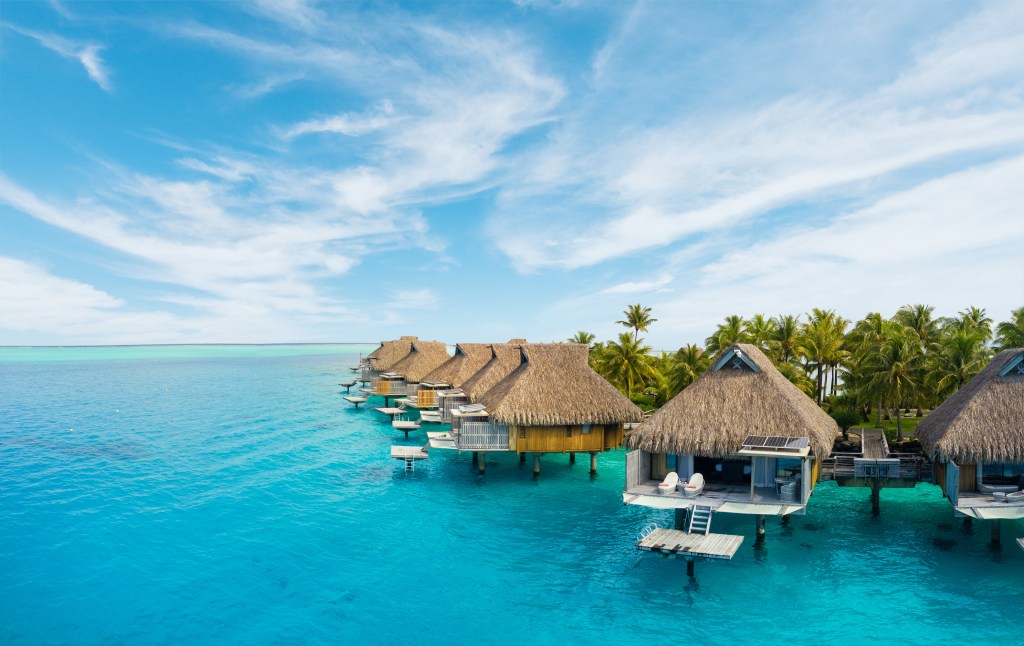
Conrad Bora Bora Nui
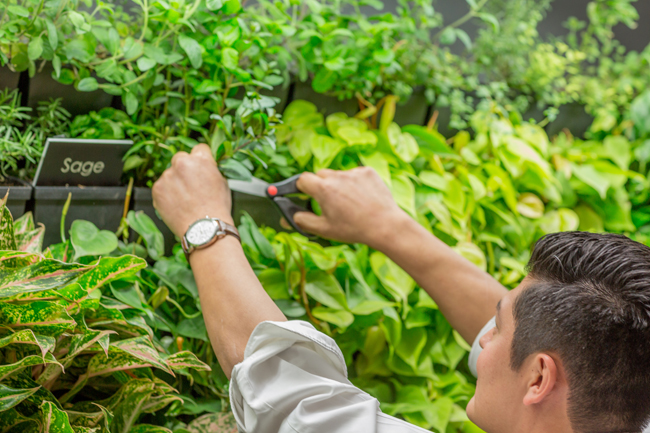
Embassy Suites by Hilton Chicago Downtown Magnificent Mile
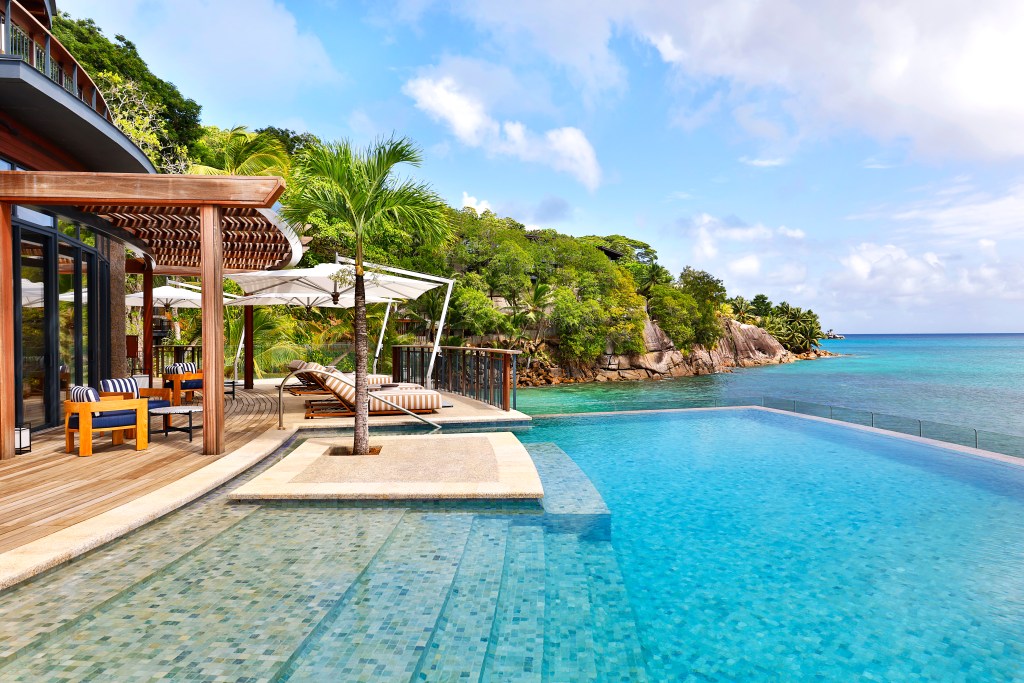
Mango House Seychelles, LXR Hotels & Resorts
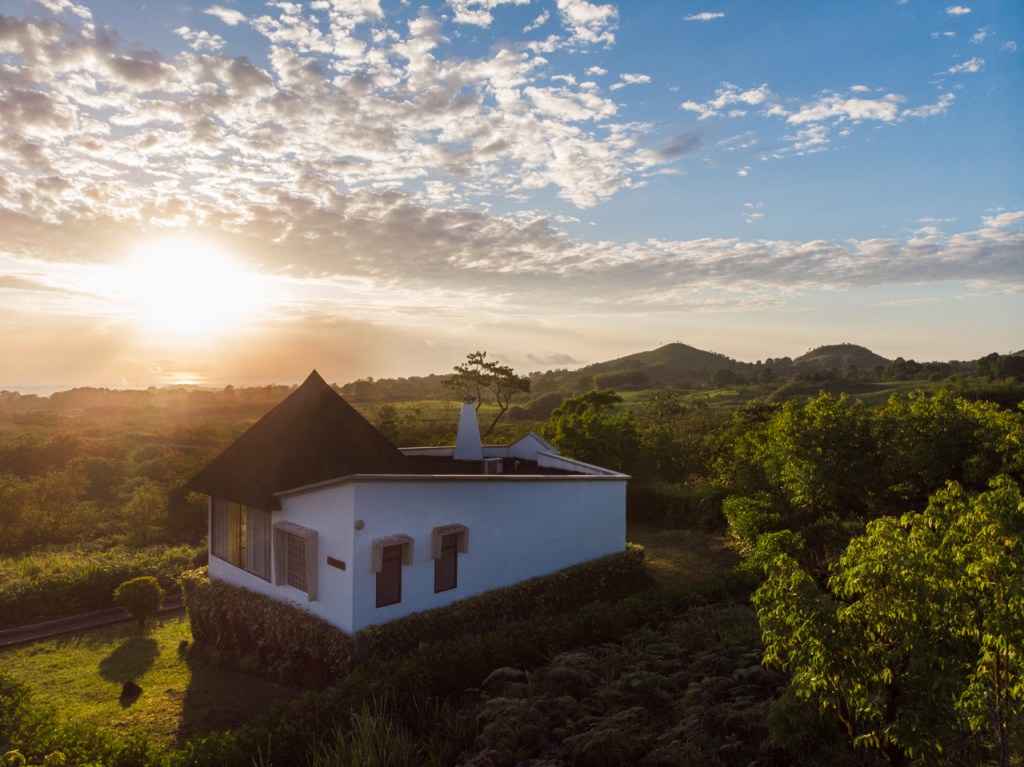
Royal Palm Galapagos, Curio Collection by Hilton
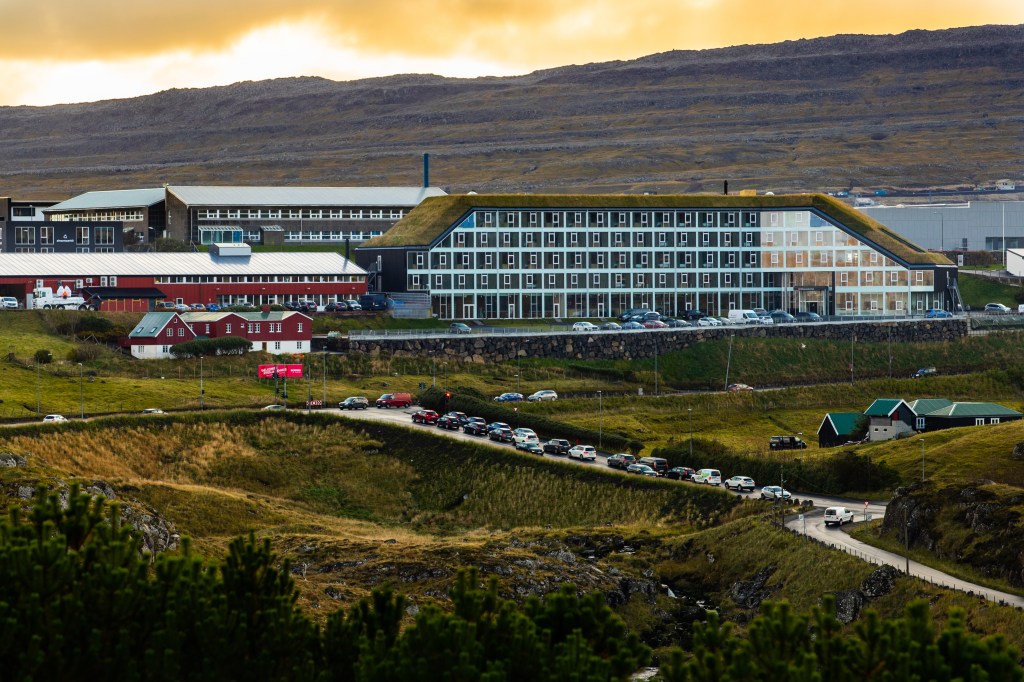
Hilton Garden Inn Faroe Islands
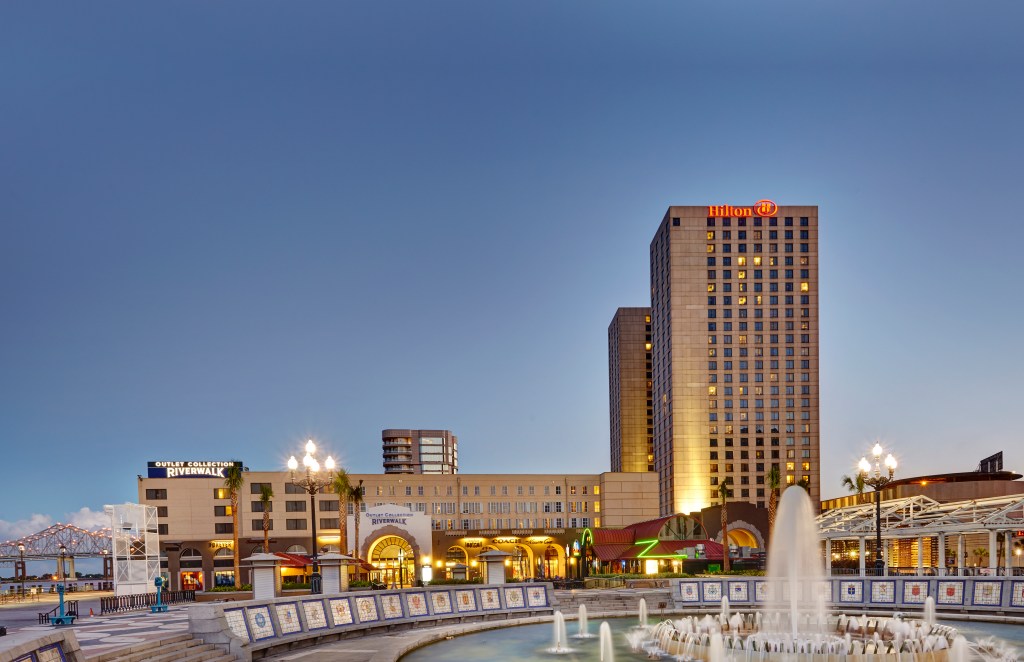
Hilton New Orleans Riverside
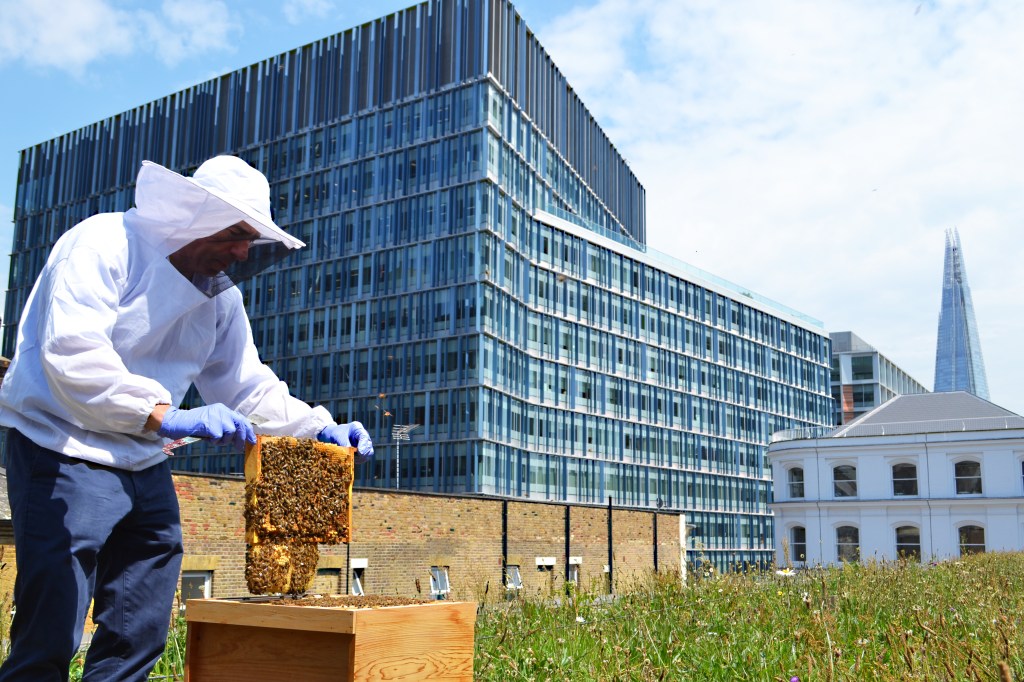
Hilton London Bankside

Hotel Marcel New Haven, Tapestry Collection by Hilton
